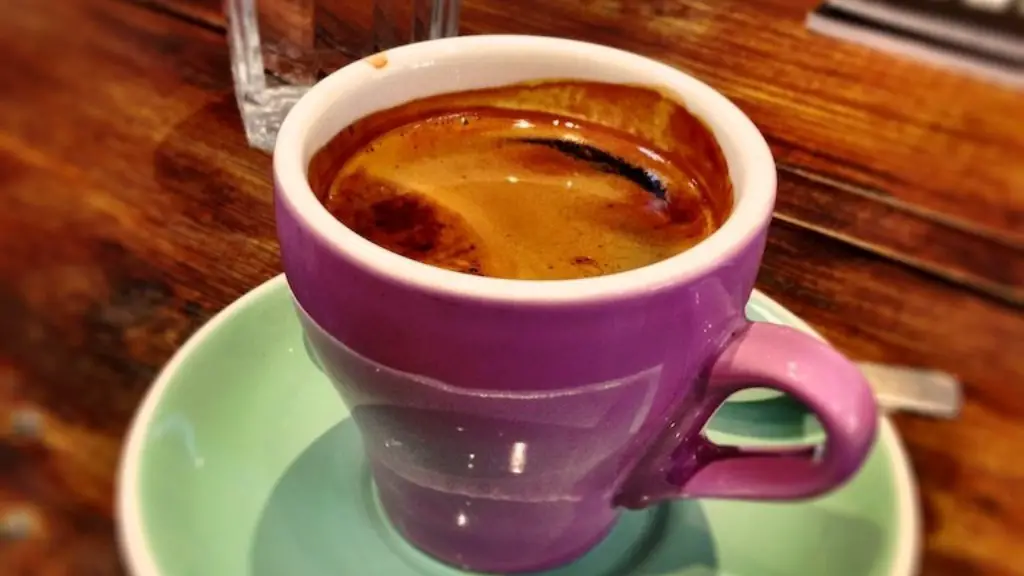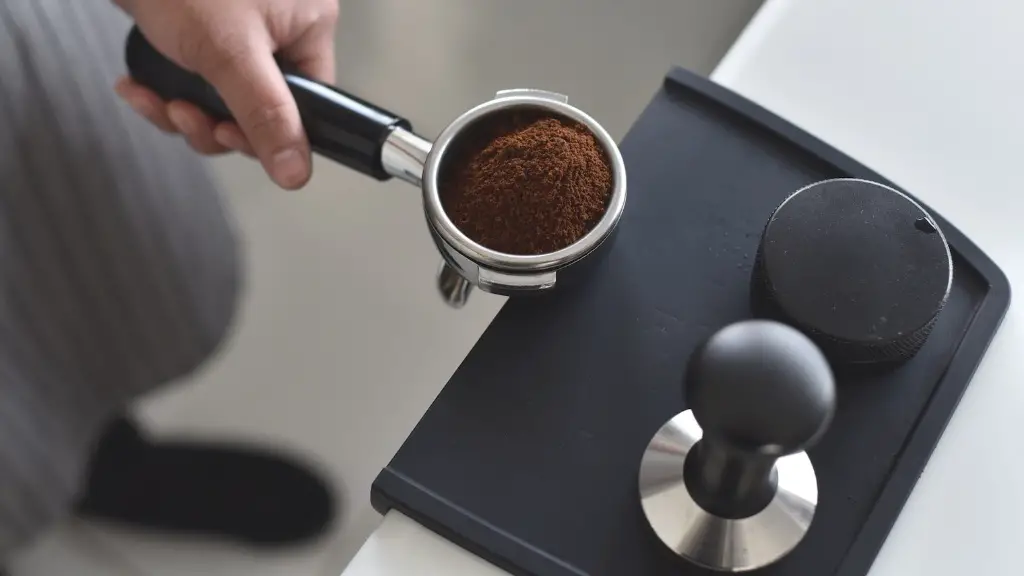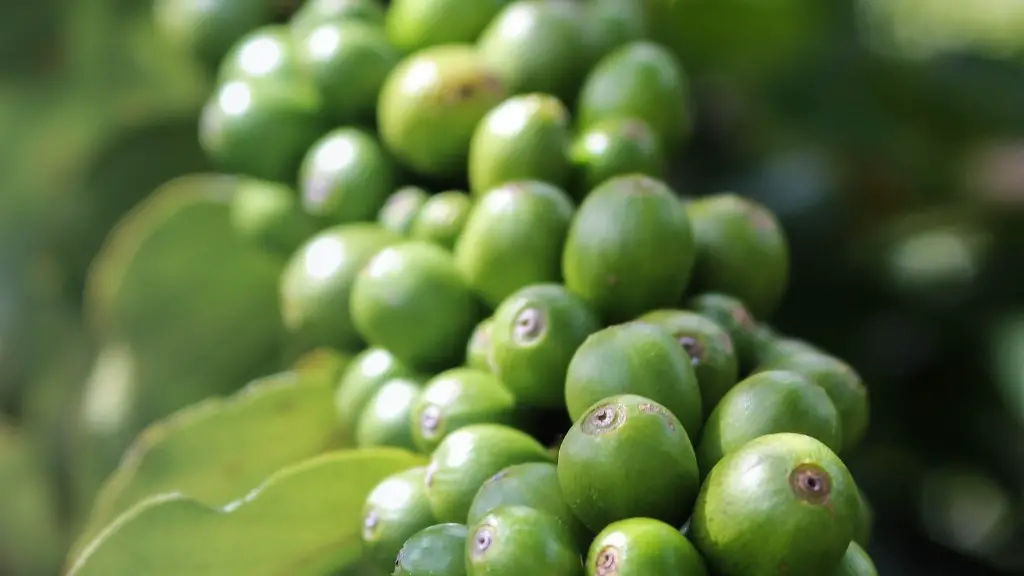Topic 1: History and Uses of Coffee for Hangovers
Coffee has been used for centuries as a hangover cure in cultures around the world. In 17th century England, for example, coffee was commonly used for hangovers, often mixed with brandy and spices. In many countries, including the United States and parts of Europe, coffee is still a popular drink for hangover relief. In the modern context, coffee is not only used as a hangover cure, but also as a mood-enhancing drug, as a stimulant, and to reduce symptoms of anxiety.
The main ingredient in coffee that could be used to help with a hangover is caffeine. Caffeine is a stimulant that influences the central nervous system, and people often turn to coffee when they are fatigued or need a lift in mood. Caffeine works by blocking the neurotransmitter, adenosine, which is responsible for making you feel tired, so that your body can stay alert and awake.
Topic 2: Biological Mechanisms of Hangovers
Hangovers are the result of a build-up of toxic byproducts in the body. When alcohol is taken, the body metabolizes it into several toxic compounds. This can cause numerous symptoms such as headache, nausea, and fatigue. Some of these toxins are broken down by the liver, and some are excreted from the body via urine. However, the excretion process is slow, and some of the toxins remain in the body.
When these toxins build up, they can cause symptoms such as fatigue, dehydration, and dehydration-induced headaches. As caffeine blocks the neurotransmitter adenosine, this can help reduce the effects of a hangover by increasing alertness and reducing fatigue. Additionally, coffee can help rehydrate the body, as it is full of fluids and electrolytes.
Topic 3:Caffeine Used to Treat Hangovers
Many studies have looked at whether caffeine can reduce hangover symptoms. Studies have found that caffeine can reduce the intensity of hangovers and reduce headache symptoms. Caffeine makes sense as a solution as it counteracts some of the effects of alcohol – it is a stimulant, so it relieves fatigue and increases alertness, it also helps to rehydrate the body and its antioxidant effects can reduce inflammation and pain.
Caffeine is not an entirely benign solution, however. Some studies have suggested that it can increase blood pressure and anxiety. Additionally, drinking too much coffee can make hangover symptoms worse, as too much caffeine can be dehydrating and cause headaches.
Topic 4:Tips to Consume Coffee After Drinking Alcohol
If you are going to consume coffee the morning after drinking alcohol, there are some tips to consider. First, it is a good idea to remember that everyone responds to coffee differently. This means you should always choose the amount that works for you.
In addition, it is a good idea to stay hydrated by drinking water throughout the day. Dehydration is a common hangover symptom and is worsened by coffee as it can be dehydrating. It is also important to remember to stay away from sugary drinks and caffeine-loaded energy drinks.
Topic 5: Alternate Solutions for Reducing Hangover Symptoms
There are many other methods for reducing the symptoms of a hangover. Staying hydrated with water and electrolytes will help the body to flush out toxins. Exercise can also help reduce hangover symptoms, as it increases blood circulation, boosts mood, and reduces inflammation. Eating foods high in vitamins and minerals can also help, as they can help the body to repair.
Some people also argue that taking supplements such as multivitamins, B Vitamins, and vitamin C may reduce hangover symptoms. Additionally, research has shown that acupuncture can reduce the intensity of hangovers.
Topic 6: Is Coffee the Best Hangover Cure?
There is no one-size-fits-all answer when it comes to the best hangover cure. However, coffee can be a helpful solution for some people. As mentioned previously, coffee can help relieve fatigue, increase alertness, reduce inflammation and rehydrate the body.
However, it is important to take caution when consuming coffee for a hangover. In addition to the increased blood pressure and anxiety, it can also cause dehydration and worsen hangover symptoms, so it is important to be mindful of the amount you are consuming.
Topic 7: Non-Coffee Solutions for Hangovers
If coffee is not your thing, there are many other options available for reducing the intensity of a hangover. Eating a balanced meal full of complex carbohydrates, proteins, and healthy fats can help to replenish your energy levels. Additionally, taking a supplement that is specifically designed to reduce hangover symptoms can be beneficial.
Light exercise can also be beneficial, as it can help to improve circulation and reduce inflammation. Additionally, there are many natural remedies that can help with a hangover, such as ginger, lemon, honey, and turmeric.
Topic 8: Cannot Add Alcohol to Caffeine for More Hangover Relief?
It is not recommended to add alcohol to your coffee in order to reduce hangover symptoms. Alcohol is a depressant, which means it slows down the central nervous system, while caffeine is a stimulant and can have the opposite effect.
Adding alcohol to caffeine can have serious side-effects, such as dizziness, blurred vision, fatigue, and even heart problems. Additionally, alcohol can increase dehydration and headache symptoms, which can make a hangover worse.
Topic 9: Alternatives to Coffee
There are many alternatives to coffee when it comes to treating a hangover. Herbal teas can help the body to rehydrate and contain natural antioxidants that can help reduce inflammation. Additionally, smoothies and juices can be beneficial, as they contain electrolytes and healthy vitamins and minerals that can help to restore energy.
Additionally, there are many ways to reduce hangover symptoms through lifestyle changes. Getting a good night’s sleep, consuming healthy foods, engaging in light exercise, and avoiding processed foods can all help to reduce the severity of a hangover.
Topic 10: Is it Safe to Drink Coffee While Pregnant in Relation to Hangovers?
It is important to be cautious when consuming caffeine while pregnant. Research shows that drinking more than 200 mg of caffeine per day can increase the risk of miscarriage, low birth weight and premature delivery. Therefore, it is best to limit your caffeine intake to 200mg or less a day.
When deciding whether or not to drink coffee for hangover relief, it is best to speak to your doctor. They can provide personalized advice to help you make an informed decision.


